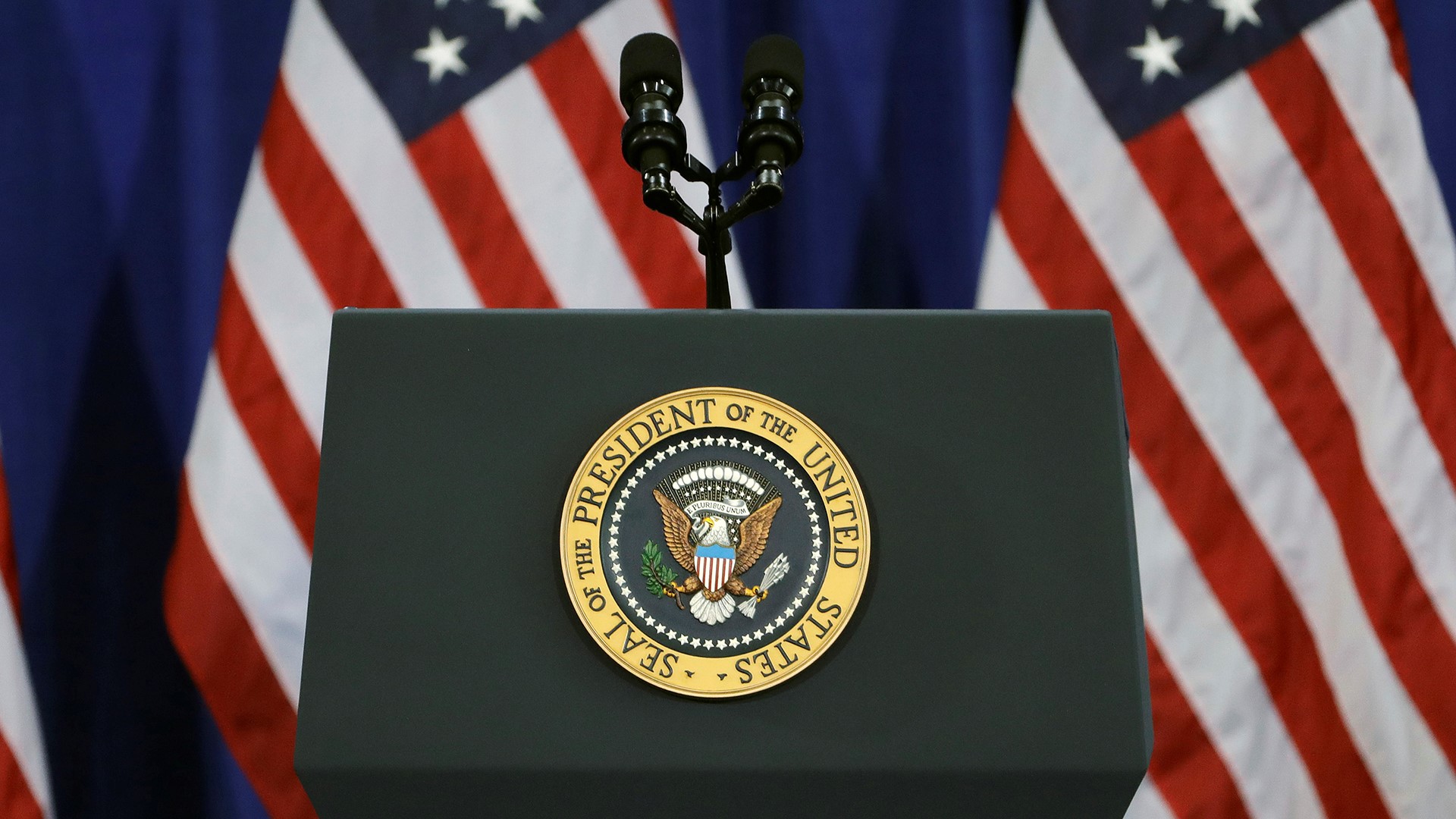Former President Barack Obama has not yet endorsed a candidate for the 2020 Democratic presidential nomination, but a new poll finds 60% of voters think he has. His former running mate, Vice President Joe Biden, isn't atop the list.
In the survey of nearly 6,000 registered voters, 26% say they think Obama has endorsed former New York City Mayor Michael Bloomberg. He's followed closely by Biden at 25%.
Sen. Bernie Sanders is next at 10%, then Sen. Elizabeth Warren at 5% and former mayor Pete Buttigieg at 2%. Sen. Amy Klobuchar and businessman Tom Steyer come in at 1%, along with a generic "someone else" response.
Rep. Tulsi Gabbard, the only remaining candidate who did not qualify for Tuesday's debate, received 0% response.
Part of the reason people may think Obama has endorsed someone is the spate of television ads from the candidates showing the former president. One of the most widespread is Obama saying some positive words about Bloomberg when they were together at an event.
Biden, of course, is connected in most people's minds to Obama due to the eight years of their administration.
Sanders, Warren and Steyer have also featured Obama in their ads.
Obama's endorsement would be seen as a huge boost for any candidate as he is still extremely popular within the Democratic party. But with the contentious battle for the nomination threatening party unity, Obama has been reluctant to add to that by picking a preferred candidate, a source in touch with Obama told Morning Consult.
That doesn't appear to be stopping some Democrats, however, from possibly putting their thumbs on the scale even at the risk to party unity. The New York Times reported Thursday it has spoken to 93 of the 771 superdelegates who could ultimately swing the nomination. All but nine reportedly told the Times they would be willing to risk damaging the party internally to prevent Sanders from winning the nomination should he go to the convention with the lead in national delegates but not a majority. The other nine reportedly said Sanders should be the nominee if he has a plurality but not the majority.
The influence of superdelegates in the final tally was a major point of contention in the 2016 race between Sanders and eventual nominee Hillary Clinton. Superdelegates are elected federal officials in the Democratic party and other party elites. Many of them declared months before the convention who they would be supporting, and most of them said Clinton. That number was often included in media updates of the delegate count throughout the campaign.
This year, the superdelegates will not be allowed to vote until the second ballot. If a candidate gets to the convention with a majority -- 1,991 delegates -- they will be the nominee. If they are short, there could be a brokered convention. That opens up the possibility that whoever has the most delegates, as decided by the voters, may not end up with the nomination.
An update forecast by fivethirtyeight.com Friday had Sanders coming about 350 delegates short of a majority, but still more than anyone else in the field.

